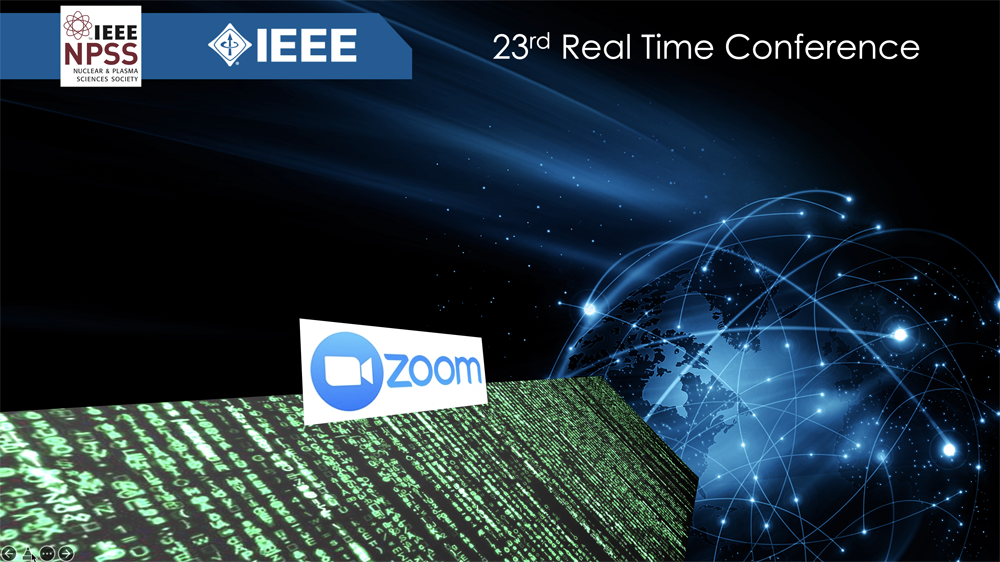Speaker
Description
Real-time data collection and analysis in large collider experimental facilities present a great challenge across multiple domains, such as at the sPHENIX experiment at the Relativistic Heavy Ion Collider and future experiments at the Electron-Ion Collider. To address this, machine learning (ML)-based methods for real-time data compression have drawn significant attention. However, unlike natural image data, such as CIFAR and ImageNet that are relatively small-sized and continuous, collider experiment data often come in as three-dimensional data volumes at high rates with high sparsity (many zeros), non-Gaussian value distribution, and significant noise. This makes direct application of popular ML and conventional data compression methods suboptimal. To address these obstacles, this work introduces a dual-head autoencoder to resolve sparsity and regression simultaneously with the added benefit of noise filtering, called Bicephalous Convolutional Autoencoder. This method has shown advantages both in compression fidelity and ratio compared to traditional data compression methods, such as MGARD, SZ, and ZFP. Furthermore, taking advantage of the modern accelerators, such as graphics and intelligence processing units and field-programmable gate arrays, this ML-based compression is high throughput with fixed latency, ideal for the real-time applications.
| Minioral | Yes |
|---|---|
| IEEE Member | No |
| Are you a student? | No |

